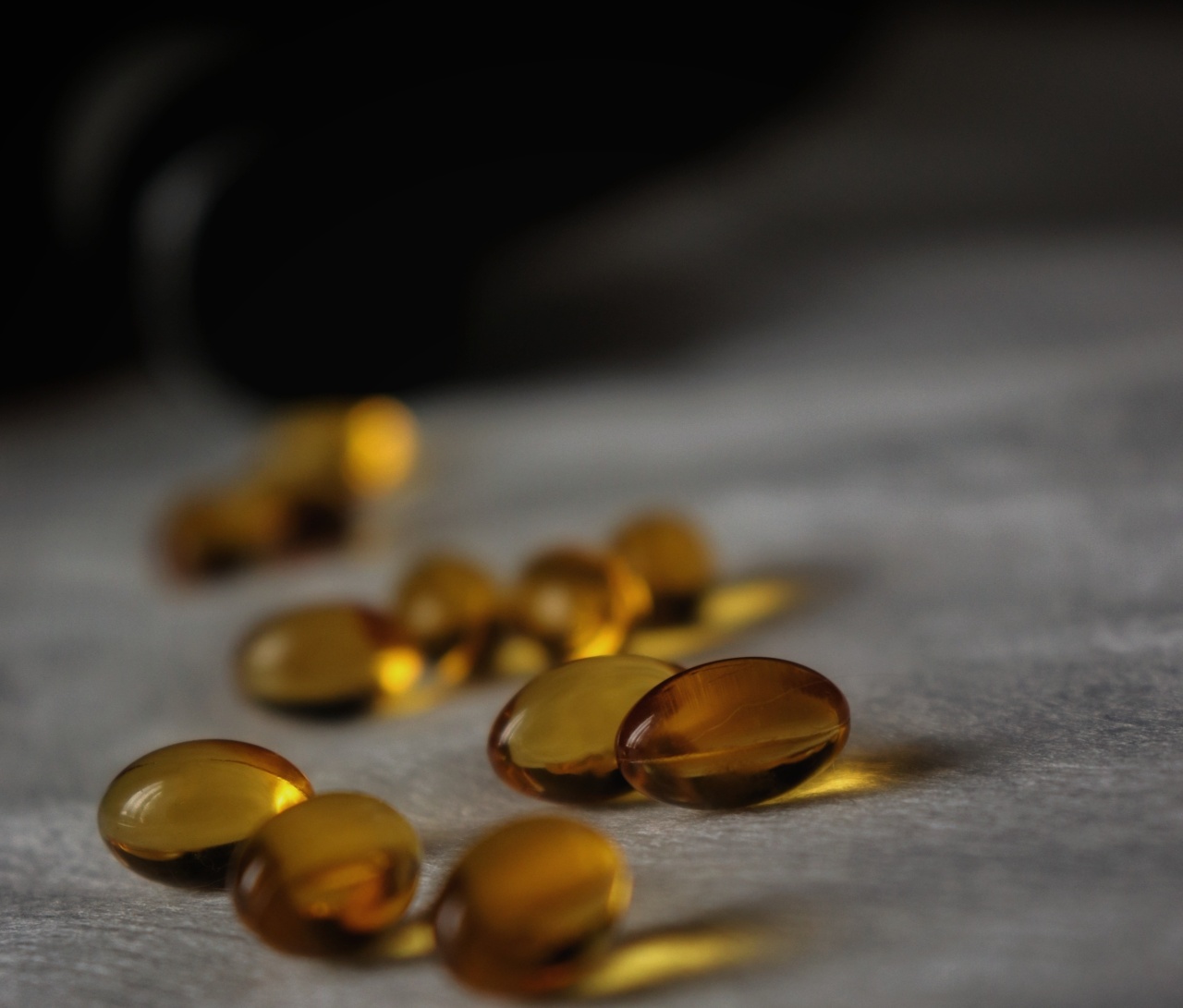Headaches are common and affect millions of people worldwide. Different types of headaches have different causes and symptoms. They can be caused by stress, lack of sleep, sinus problems, and migraines.
However, research has shown that a lack of vitamins can also be a cause of chronic headaches. This article will explore how different vitamins affect our body, how they can be a cause of chronic headaches, and what foods contain these vitamins.
: Vitamins and Their Role in Our Body
Vitamins are organic compounds that our body needs to function properly. They play a vital role in different processes, including digestion, immune system, and energy production, among others.
Vitamins are classified into two categories: water-soluble vitamins and fat-soluble vitamins.
: Water-Soluble Vitamins
Water-soluble vitamins are vitamins that dissolve in water and are easily excreted by our body. They include Vitamin C and all the B vitamins.
These vitamins cannot be stored in our body, so we need to consume them regularly to meet our body’s daily requirements.
: Vitamin C and Chronic Headaches
Vitamin C, also known as ascorbic acid, is an essential nutrient that our body needs to function properly. It is a powerful antioxidant that helps fight against free radicals, which can cause damage to our cells.
Vitamin C is also important for the formation of collagen, which is a protein that helps support our skin, bones, muscles, and tendons.
A lack of Vitamin C can cause scurvy, which is a disease that can lead to fatigue, muscle weakness, joint and muscle pain, and tooth loss, among others.
According to a study published in the Journal of Headache and Pain, a lack of Vitamin C can also be a cause of chronic headaches. The study found that individuals with low levels of Vitamin C had a higher frequency and intensity of headaches compared to those with adequate levels.
Good sources of Vitamin C include citrus fruits, berries, kiwi, mango, papaya, bell peppers, tomatoes, broccoli, and spinach, among others.
: Vitamin B and Chronic Headaches
The B vitamins are a group of vitamins that play a vital role in our body’s energy production, immune function, DNA synthesis, and nervous system health.
They include thiamine (B1), riboflavin (B2), niacin (B3), pantothenic acid (B5), pyridoxine (B6), biotin (B7), folic acid (B9), and cobalamin (B12).
According to a study published in the Journal of Digestive Diseases, a lack of Vitamin B12 can cause migraines and chronic headaches.
The study found that individuals with low levels of Vitamin B12 had a higher prevalence of migraines and chronic headaches compared to those with adequate levels. Another study published in the journal Neurology found that high doses of Vitamin B2 can decrease the frequency and duration of migraines.
Good sources of Vitamin B include meat, fish, poultry, dairy products, eggs, leafy green vegetables, legumes, and fortified cereals, among others.
: Fat-Soluble Vitamins
Fat-soluble vitamins are vitamins that dissolve in fat and can be stored in our body. They include Vitamin A, D, E, and K. These vitamins are essential for our body’s growth and development, vision, bone health, and blood clotting, among others.
: Vitamin D and Chronic Headaches
Vitamin D is a fat-soluble vitamin that is necessary for our body’s calcium absorption and bone health. It also plays a role in our immune system function, muscle function, and cell growth.
According to a study published in the journal Headache, a lack of Vitamin D can be a cause of chronic headaches. The study found that individuals with low levels of Vitamin D had a higher prevalence of headaches compared to those with adequate levels.
Good sources of Vitamin D include fatty fish, egg yolks, cheese, fortified milk, and fortified cereals, among others. However, our body can also produce Vitamin D when our skin is exposed to sunlight.
Therefore, spending time outdoors can be an excellent way to boost our Vitamin D levels.
: Vitamin E and Chronic Headaches
Vitamin E is a fat-soluble vitamin that acts as an antioxidant in our body. It helps protect our cells from damage caused by free radicals and plays a role in our immune system function.
According to a study published in the journal Pain Medicine, a lack of Vitamin E can be a cause of chronic headaches. The study found that individuals with low levels of Vitamin E had a higher prevalence of headaches compared to those with adequate levels.
Good sources of Vitamin E include nuts, seeds, vegetable oils, leafy green vegetables, and fortified cereals, among others.
: Conclusion
Chronic headaches can be caused by various factors, including stress, lack of sleep, sinus problems, and migraines. However, research has shown that a lack of vitamins can also be a cause of chronic headaches.
Vitamins play a vital role in our body’s different processes, including energy production, immune function, and cell growth, among others.
Vitamin C, Vitamin B, Vitamin D, and Vitamin E have been linked to chronic headaches. Consuming a diet rich in vitamins can help prevent chronic headaches and improve our overall health.
Good sources of these vitamins include fruits, vegetables, nuts, seeds, dairy products, meat, fish, and fortified cereals, among others. Taking vitamin supplements can also help meet our body’s daily requirements if we cannot get enough vitamins from our diet.































